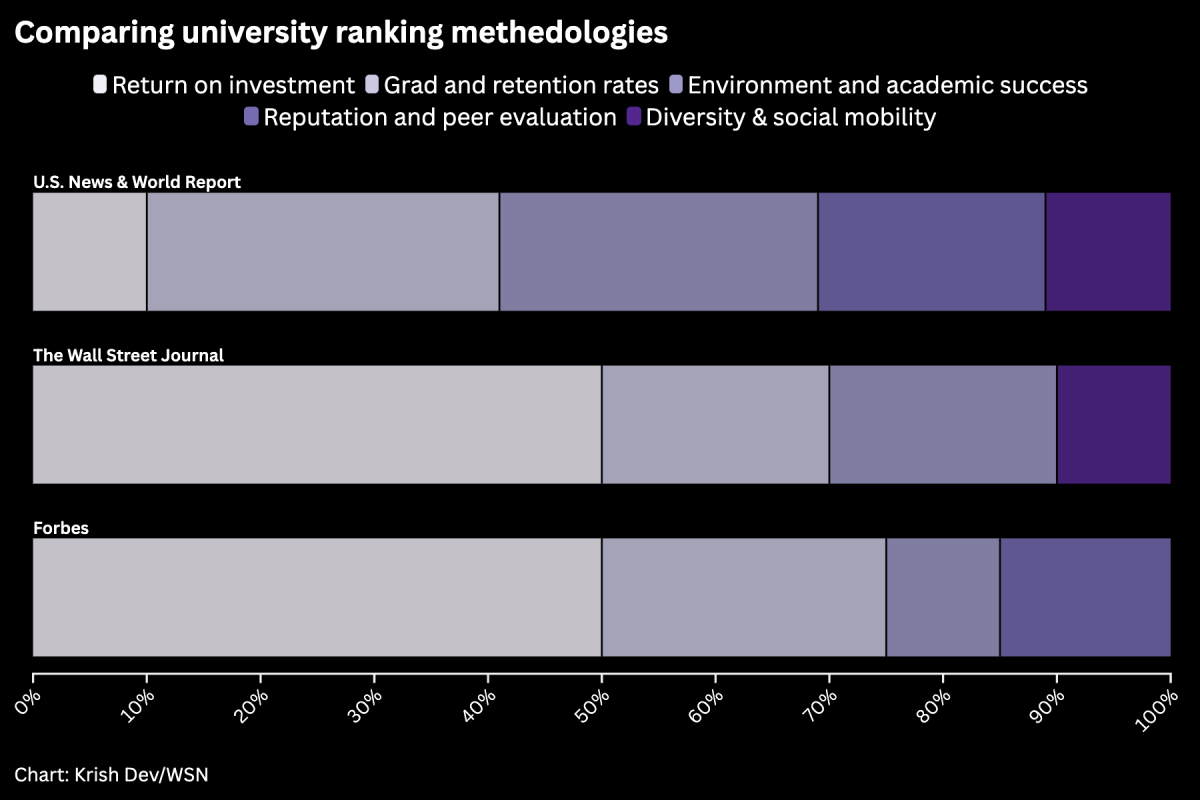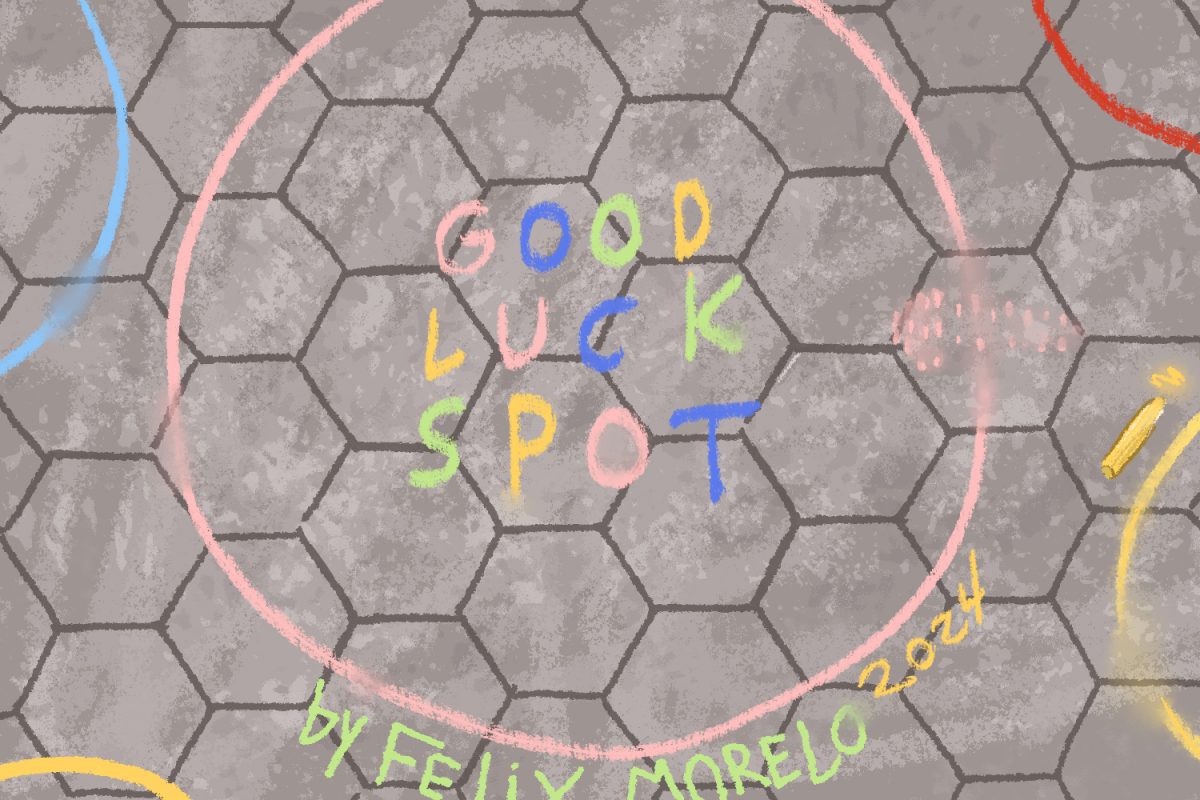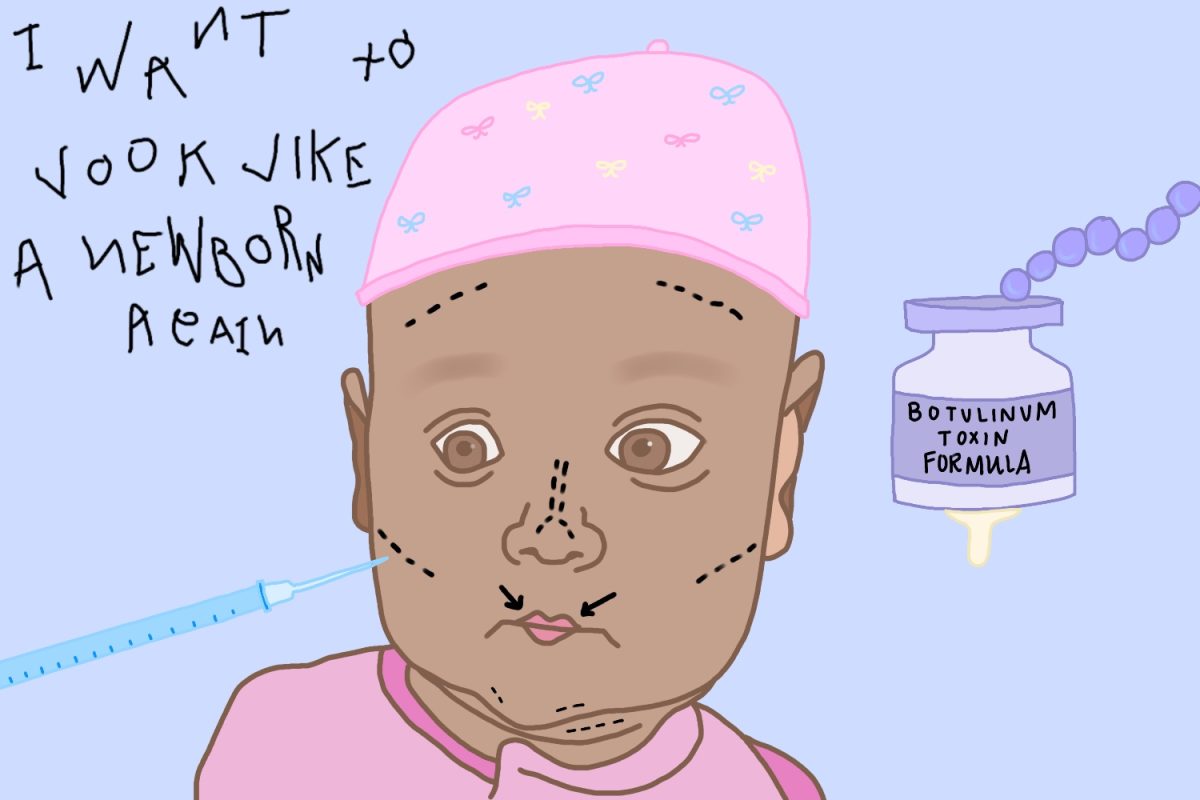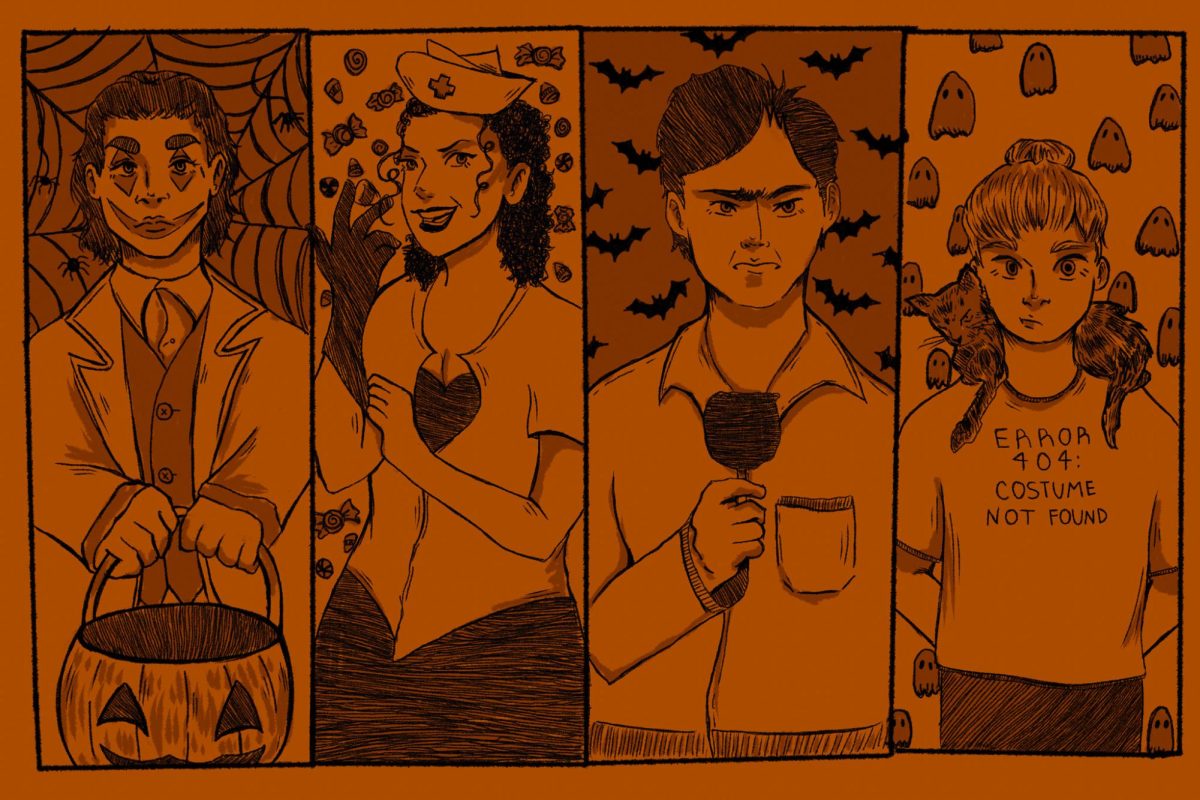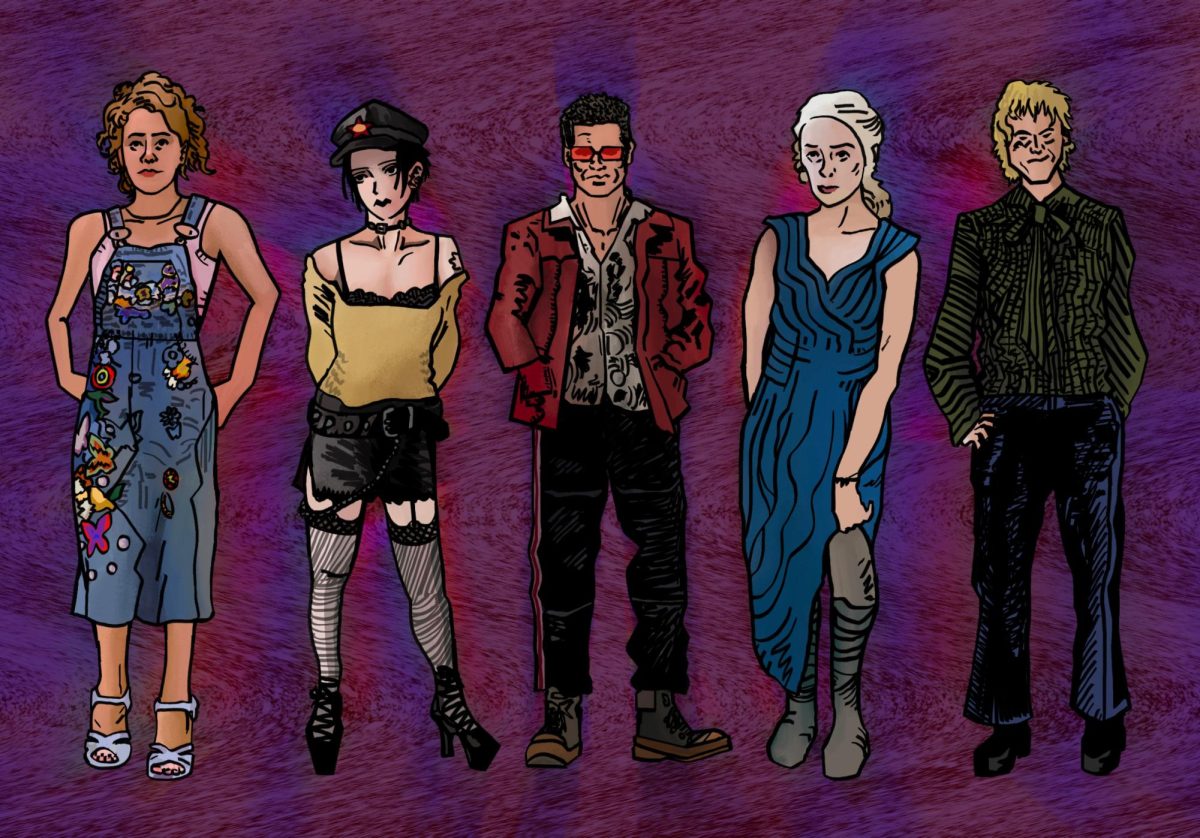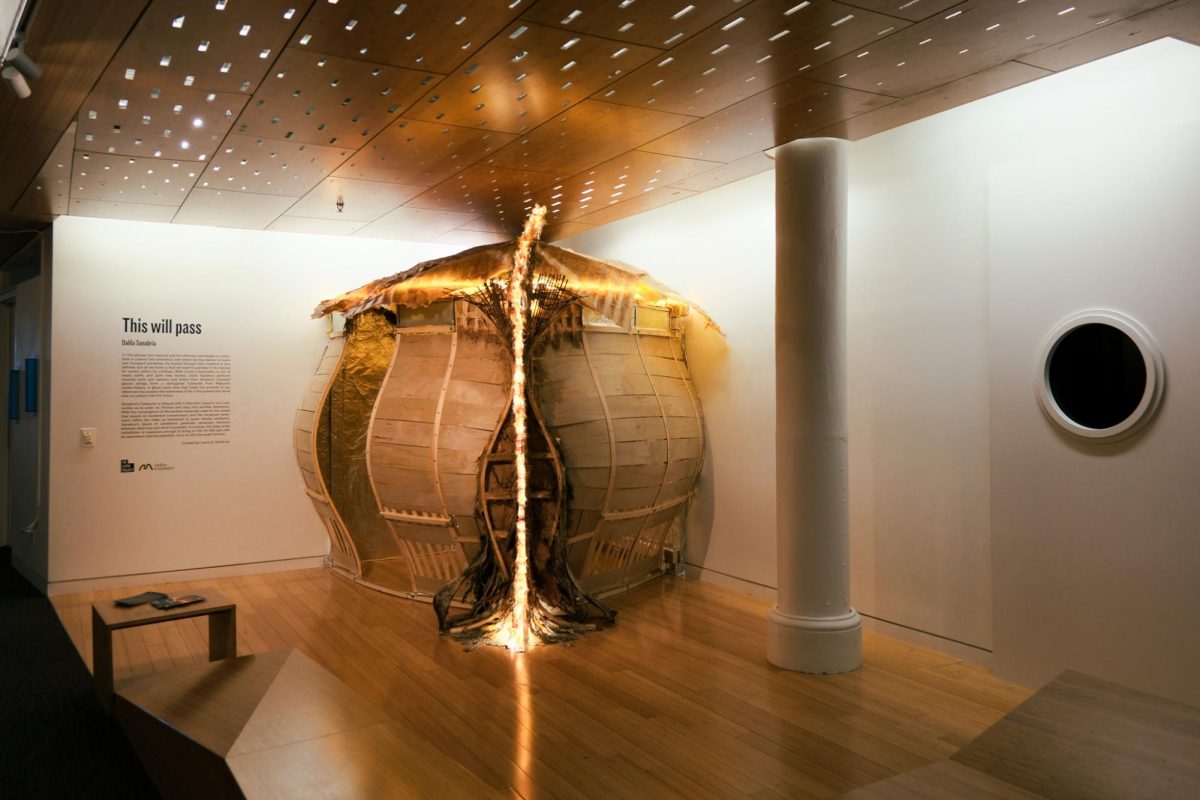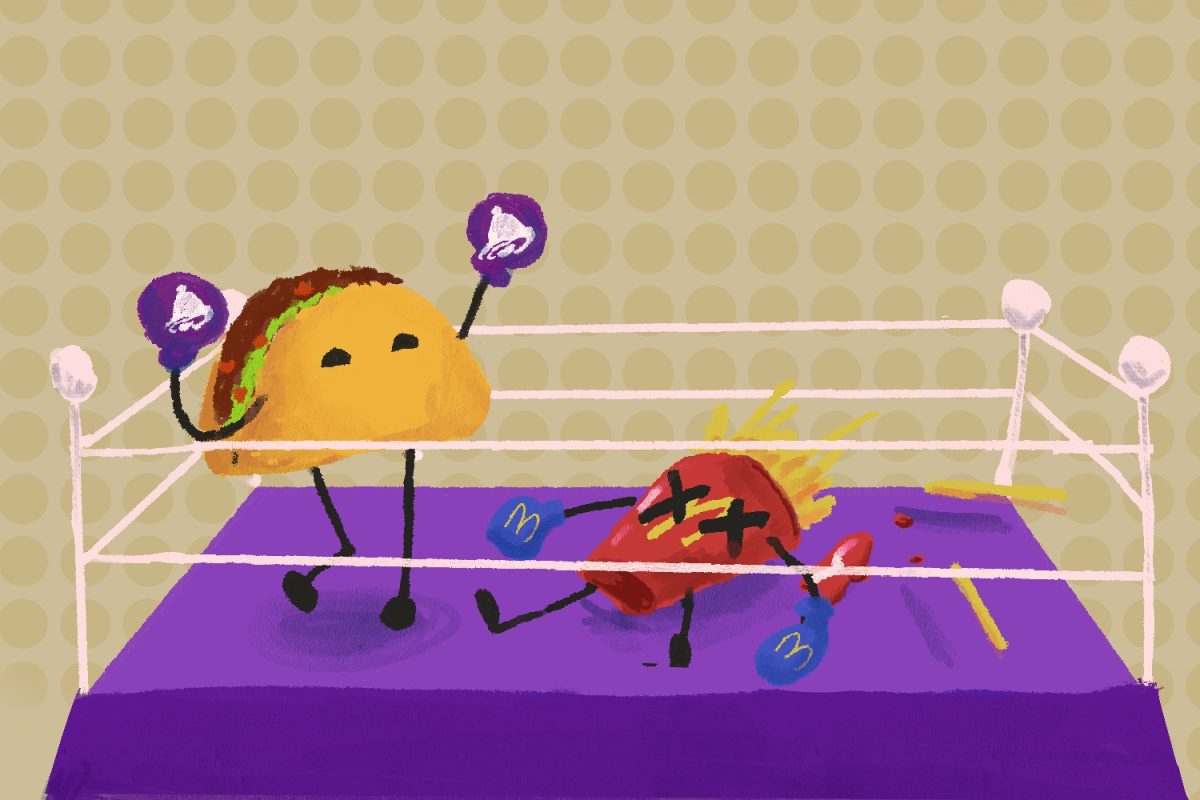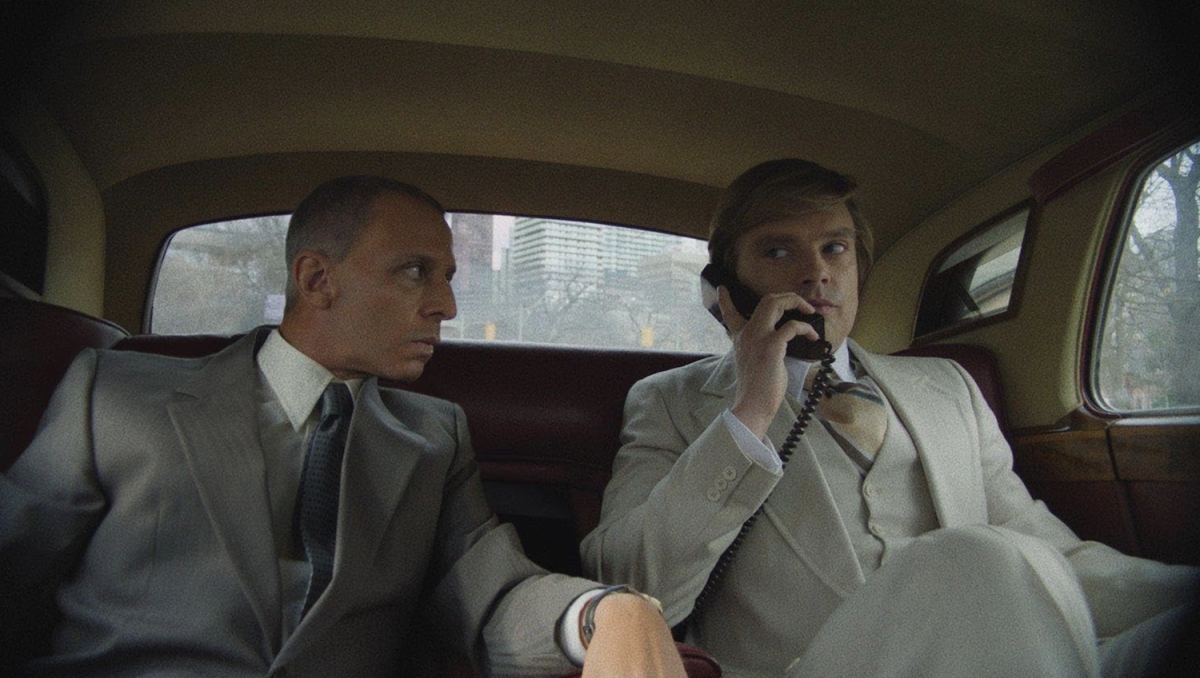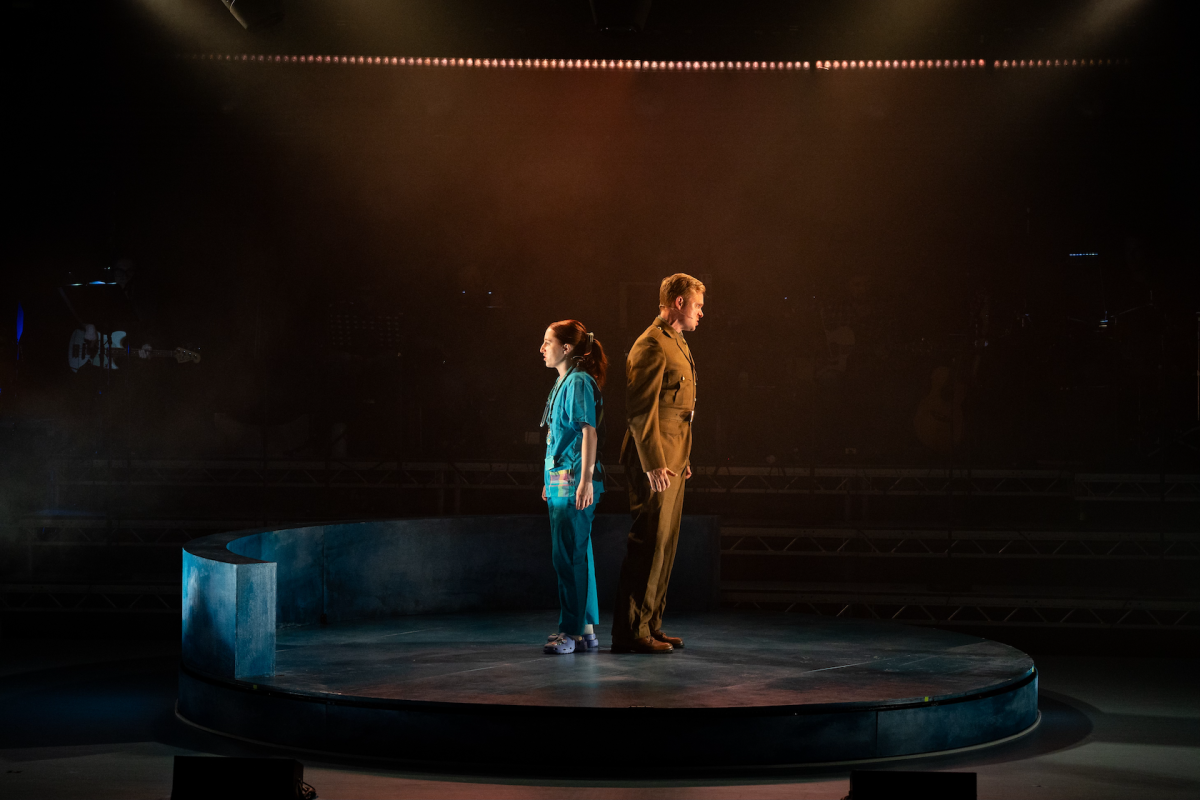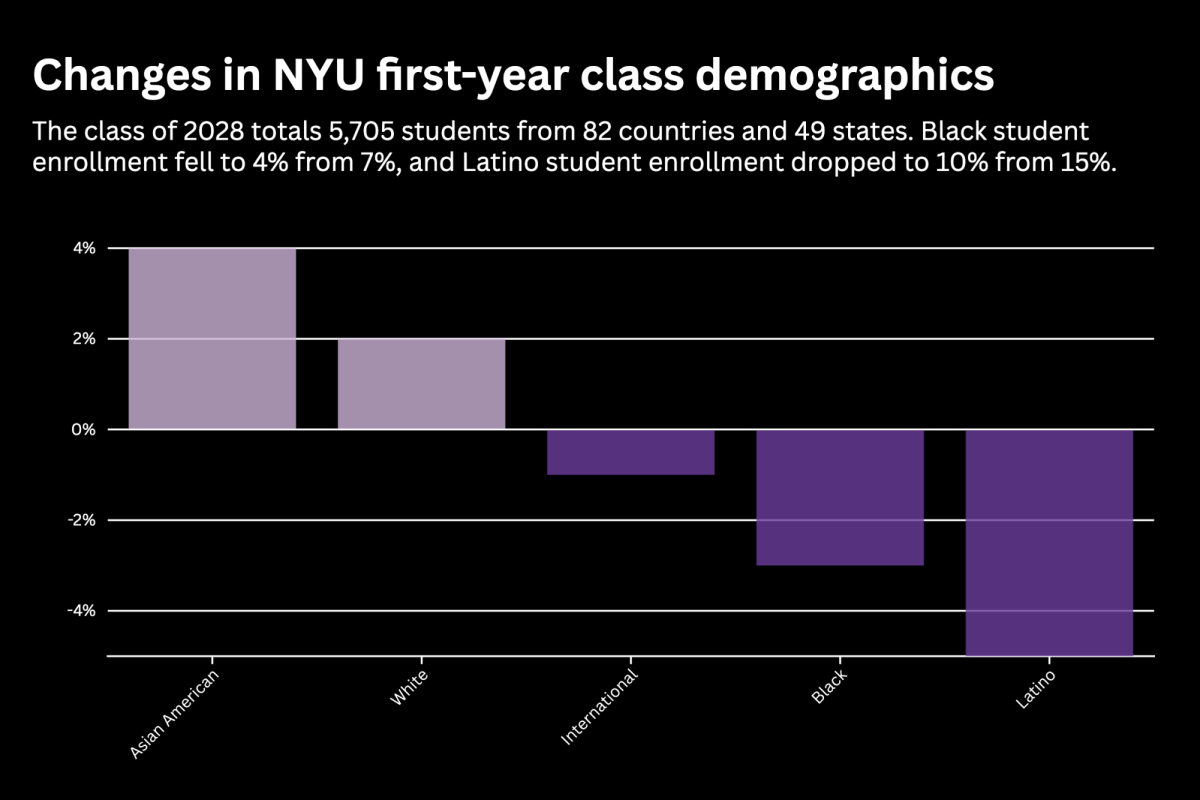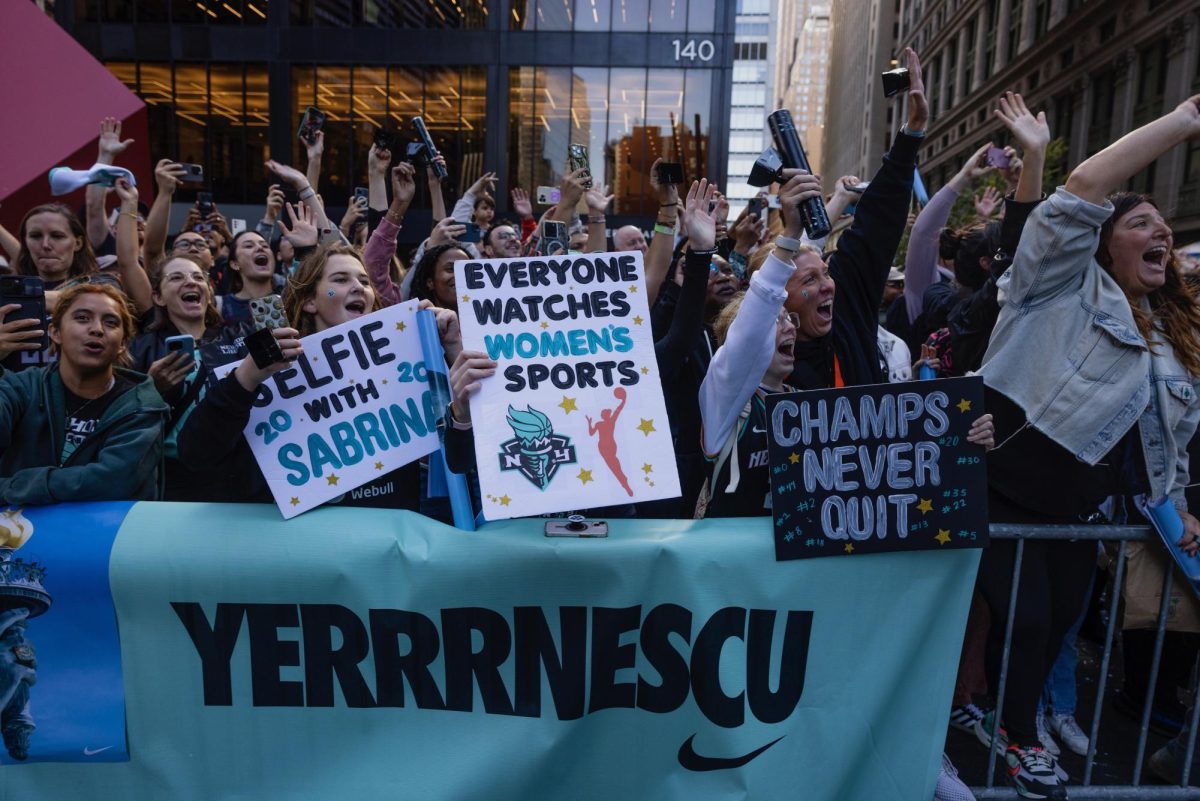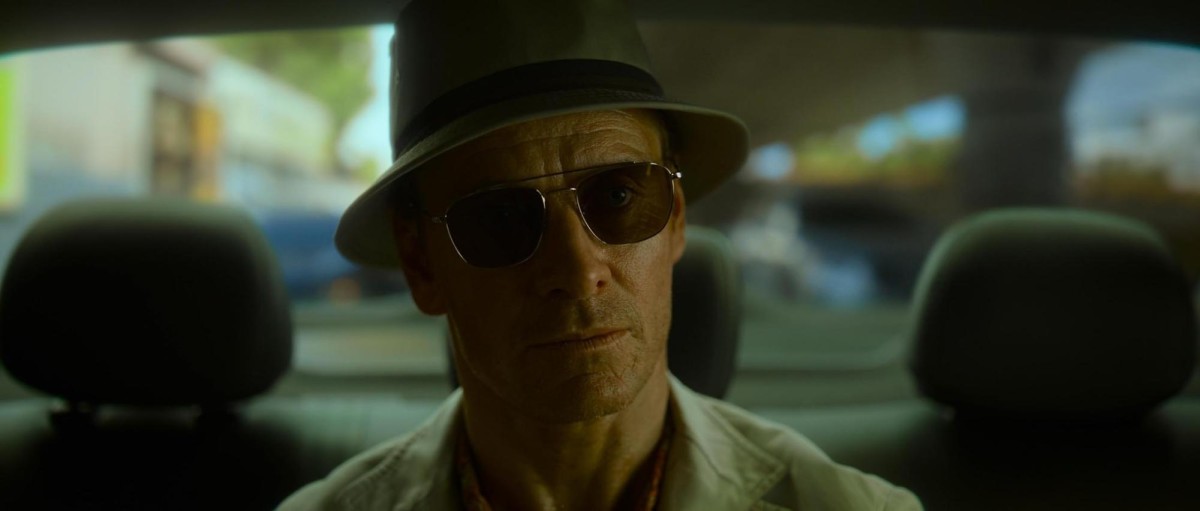Michael Fassbender’s unnamed character is your average 21st century man. He eats McGriddles, listens to The Smiths religiously, wears bucket hats and loves to share obscure facts — did you know Ted Williams’ lifetime batting average was 0.344? The titular character also happens to be a contract killer, until one day, he misses his shot. So begins “The Killer,” David Fincher’s dark comedic thriller about one man’s desperate attempt to get revenge.
Fincher’s first film since 2020’s 1930s Hollywood period piece “Mank,” “The Killer” is a return to the director’s usual pulpy subject matter, though it feels decidedly more small-scale than his previous works. The film follows an unnamed hitman (Fassbender) whose employers attempt to kill him after a job gone wrong. Motivated by revenge as well as the desire to ensure the security of his private life, the killer embarks on a deadly, painstakingly calculated quest to eliminate his would-be assassins, before they can finish the job.
From the synopsis alone, it’s easy to mistake “The Killer” for what many have come to expect from Fincher: a disturbing, violent feel-bad movie in the vein of his other films like “Zodiac,” “Se7en” or “The Girl with the Dragon Tattoo.” However, the film is actually most similar to Fincher’s “Gone Girl,” which combines violent themes with a dramatic tone to examine aspects of 21st century identities.
Much of the humor in the film is derived from Fincher’s apparent self-satirization. A story centered around a precision-obsessed sociopath whose motto is “stick to the plan” mirrors Fincher’s own notorious reputation as a perfectionist — known for shooting upwards of 50 takes per scene. At times, the film feels like one big two-hour-long, self-deprecating joke — especially when you consider how the film goes out of its way to have the plan go wrong at almost every turn. The preparation goes well, of course, it’s the execution where things get messy. Even as The Killer is thrown through walls by a muscle-bound thug, he repeats his motto — reminding himself to “anticipate, don’t improvise” even as he’s improvising — and eventually eliminates his targets. This all feels like an admission on Fincher’s part, making jabs at his own futile efforts to plan out the perfect shot and the endless ways things can go wrong.
The Killer’s entire identity is manufactured. It’s built on popular trends, statistics and data-mined personal information. A perfectly curated reflection. He’s literally us. By setting the film in today’s world, Fincher asks us to consider what it means to live in the 21st century, and how much of our lives are dictated by the digital world. Contemporary references dominate the film. Big-name brands all serve a very specific function in The Killer’s process. He orders his equipment on Amazon, he books his hideouts on Airbnb, he eats at McDonald’s because it helps him blend in and he uses Postmates to get access to a target’s home. While the idea of a contract killer orchestrating a murder with the help of name brands is frankly quite funny, it’s also sad how inescapable the same five or six companies have become, to the point where they define our existence. We have all been reduced to consumers. From office workers to contract killers, it has become impossible to navigate the modern era without feeding capital.
The effectiveness of The Killer’s 21st-century everyman persona would not be possible without Fassbender’s detached performance. Monotone and unflinching, Fassbender almost achieves a non-person status. When he recounts the obscure facts about leading causes of death or even Williams’ batting average, it’s as if he’s a form of artificial intelligence reading a selected portion of a Wikipedia page. No emotion, just data. Like a video game avatar, he’s a blank slate that blends into his environment, changing his clothes and name to fit his objective and adopting external traits designed to help him become invisible. But Fassbender is always hinting at a hollowness at the center of his existence. He’s not specific enough to be somebody, but he’s just regular enough to be everybody.
As fantastic as Fassbender is in the film, it’s Fincher who emerges as its true star. His detached, methodical approach to filmmaking feels even more impressive when in service of a small-scale narrative. The stripped-down structure puts Fincher’s carefully composed images front and center. He patiently progresses from one chapter to the next, reveling in one ironic moment after another. By the time the film ends, it’s difficult to imagine “The Killer” as anything other than a perfect execution of a flawless plan — even if the entire film seems to be an acknowledgement that it isn’t.
Don’t let the film’s small scale deceive you. “The Killer” is a major work from one of today’s best directors. Fincher’s self-referential thriller is a fascinating, muted and funny examination of the hollowness of 21st century existence. The implication that Fassbender’s killer is a perfect encapsulation of the 21st century man is an unpleasant pill to swallow, so maybe it’s easier to laugh at the fact that he eats McGriddles and listens to The Smiths.
“The Killer” makes its Netflix premiere on Nov. 10, and is currently showing in select cinemas.
Contact Ben Raimondo at [email protected].







